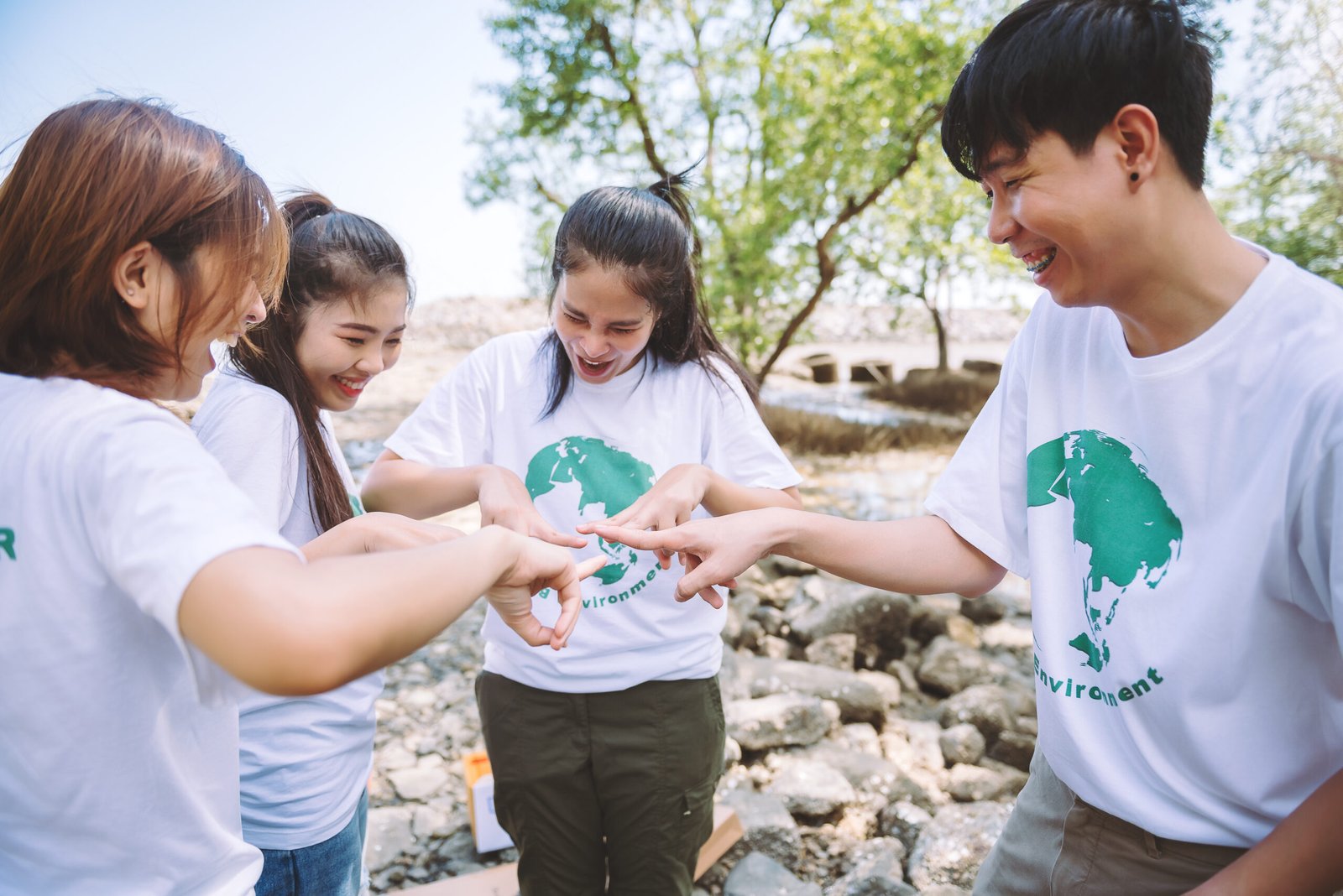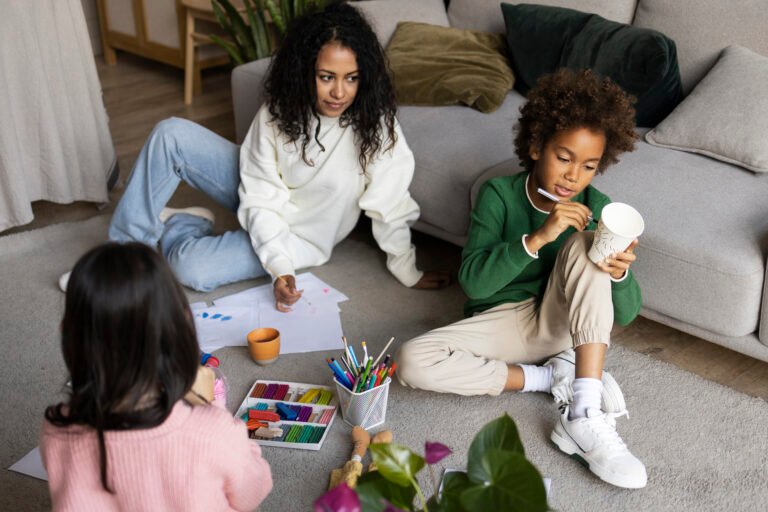
Close up of people volunteer teamwork putting finger on star shape,hands together,Stack of hands,Unity and teamwork on world environment day.
Volunteering abroad can change the way you see the world. In Southeast Asia, every moment presents an opportunity to connect, learn, and give back. From planting mangroves in Malaysia to teaching children in Cambodia, each experience helps you grow while making a real impact.
Embrace the Culture Fully and Learn from Local Traditions, Languages, and Everyday Life
Immersing yourself in local culture is what turns volunteering from travel into transformation. Learn greetings in the native language, try local street food, and participate in community traditions. In Myanmar, volunteers frequently participate in temple cleaning ceremonies, which not only preserve sacred sites but also deepen their understanding of Buddhist values, such as mindfulness and humility.
In the Philippines, many rural placements include living with host families. Sharing meals of adobo or sinigang, helping prepare breakfast, and swapping stories after long workdays create bonds that go beyond cultural differences. When you open yourself to cultural exchange, you stop being an outsider and start becoming part of the community you serve.
Research Ethically Run Volunteering Programs that Support, Not Exploit, Local Communities
Southeast Asia attracts thousands of volunteers each year, but not every organization operates responsibly. Look for programs that work closely with local communities and avoid creating dependency. Ethical volunteering means listening to local voices and supporting, not overshadowing, them.
For example, in Thailand’s Chiang Mai region, reputable elephant sanctuaries allow volunteers to assist with feeding and caretaking without rides or tricks. Several women-led cooperatives listed among popular programs to volunteer in Cambodia train volunteers to help with sustainable craft workshops that support long-term income for locals. Transparency and accountability matter just as much as enthusiasm to help.
Be Flexible and Prepare for the Unexpected: How Adaptability Turns Challenges into Growth
Life in Southeast Asia does not always run on a tight schedule. Monsoon rains might delay a project in Malaysia, or a power outage could interrupt classes in Cambodia. Rather than getting frustrated, see these disruptions as lessons in adaptability. Flexibility often turns unplanned moments into unforgettable ones.
Let’s say, volunteers might plan to paint classrooms but find themselves helping rebuild walls after heavy rain or flooding. What begins as a change of plans can become one of the most rewarding parts of the experience.
Reflect on What You Are Learning to Deepen the Meaning of Your Volunteering Journey
Amid the excitement and challenges, take time to slow down and reflect. Write about your daily experiences, the people you meet, and how you are changing in the process. Reflection helps turn action into understanding.
Volunteers working on health education projects in rural areas often discover that compassion, patience, and understanding are just as valuable as technical skills. By teaching villagers about hygiene with limited resources, she saw firsthand how dignity, patience, and kindness mattered as much as medical knowledge.
Build Relationships for Lasting Impact and Continue the Connection Beyond Your Time Abroad
The heart of volunteering lies in the relationships you build. Take time to get to know the people you are helping and those you are working alongside. In Cambodia, teachers who stayed in touch with local educators continued to exchange lesson plans years after returning home, creating an ongoing bridge of collaboration.
In Vietnam’s Mekong Delta, volunteers helping with mangrove restoration often form close friendships with local fishermen. Together, they share meals, jokes, and stories about how environmental changes affect livelihoods. These connections remind you that volunteering is not a one-sided act of giving. It is an exchange of humanity.
Stay Humble and Collaborative: Understanding That Real Change Comes from Mutual Respect
Your professional or personal skills can be valuable abroad, but humility is what makes them meaningful. In many construction and infrastructure projects across Southeast Asia, local builders often adapt designs to suit regional materials and weather conditions. These adjustments tend to make structures more sustainable because they respect the environment and community needs.
Whether you are teaching English in Laos or running art workshops in Bali, remember that you are there to collaborate, not to instruct from above. Humility allows mutual learning to happen. It is the difference between helping people and truly working with them.
How Volunteering in Southeast Asia Can Change You Forever
Volunteering in Southeast Asia is about growth, empathy, and connection. Every country in the region offers a chance to make a meaningful contribution while discovering new sides of yourself. When you choose with care and act with respect, your volunteer journey becomes a story of learning that stays with you long after you return home.







